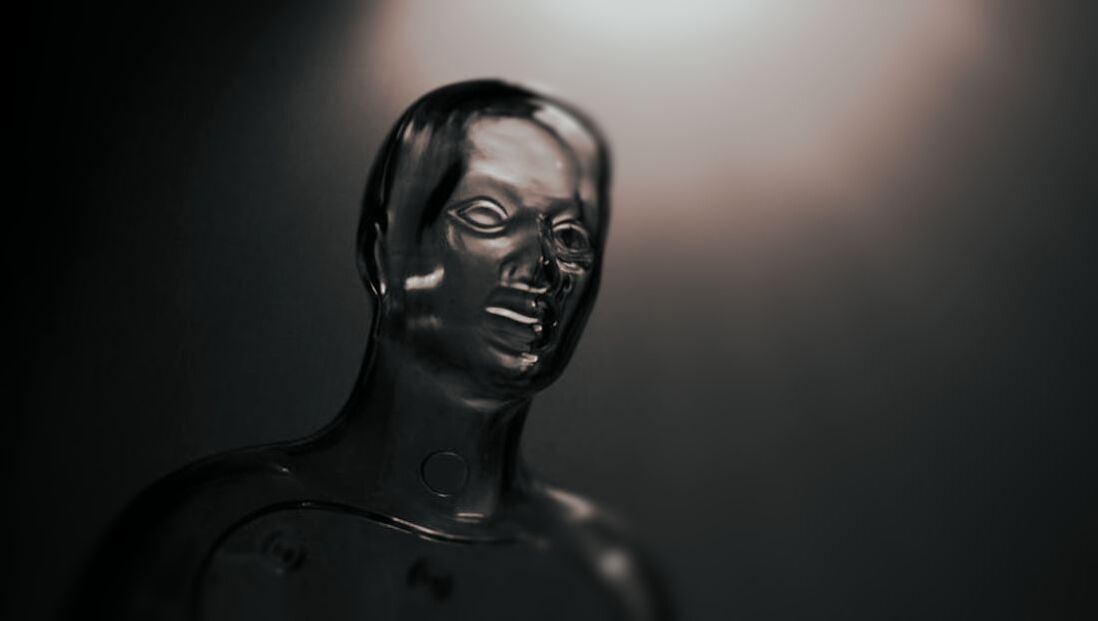|
Jeridoo asked an AI to describe Movie-Making in 20 years. This text is only edited for grammar mistakes. It's hard to say what the future of movies will look like. But we're pretty sure that it won't involve human involvement. Of course, some people will still be involved—actors and directors are likely safe for a while longer—but other jobs in the film industry could see their positions replaced by computers or algorithms. A computer will write the script, and cinematographers will be replaced with cameras that can adjust their settings on the fly (or don't need humans at all). Directors may no longer exist as we know them today and so on…
A computer will write the script In 20 years, movie scripts will be written by computer algorithms. It's not hard to imagine: A writer sits at her desk, opens a new document and starts typing. But this isn't just any old computer—it's an artificial intelligence (AI) system designed to create screenplays by analyzing data from previous films that have been successful. First, the software is trained on hundreds of scripts from blockbusters like The Matrix and Inception, which tell it what elements make up a good story to learn how to write its version of these films' stories. Once it has enough data to work with, the AI uses machine learning techniques such as deep learning neural networks (which are modeled after human brains) or evolutionary computation algorithms (which simulate natural selection) to generate new ideas for movies. These ideas will be based on everything it knows about successful films—even if those ideas don't seem excellent or fitting! The Cinematographer will be a computer The future of movie making is bright because of the advent of artificial intelligence. A computer can do much more than just run a script; it can also provide intelligent feedback about all aspects of the film's production, from camera angles and lighting to acting choices. There are even cinematographers who are already beginning to use AI-powered cameras that make their own decisions when they're filming scenes. The result is an improved quality production and faster turnarounds, which means more movies are made yearly! We'll watch movies, but we won't go to the movies Our kids and grandchildren can watch movies on their phones, computers, TVs and tablets. But they won't go to the movies. They'll watch movies at home on a big screen TV or small handheld device. They'll download films from services like iTunes or Amazon Prime Video. They may even be able to stream films from Netflix directly onto their glasses or contact lenses! AI will replace the director The director will be replaced by a computer program that can operate at a fraction of the cost and is guaranteed to get the shots you want. The director is a human being. A director is a creative person. The director is a visionary and leader, but most of all, they are storytellers. Someone who tells stories through film or TV episodes, commercials or other media types like virtual reality games with interactive experiences that make viewers feel like they're part of the world created onscreen—or even inside the body of an actor themselves! The future of movies looks like less human involvement In the future, movies will be made by software and then watched on your phone. They will be free and on-demand at all hours of the day. So, there you have it. The future of movie-making looks like less human involvement and more automation. Once artificial intelligence can write scripts and direct films, there will be no need for us humans anymore. The only question remains whether we'll still want to watch these films in 20 years!
0 Comments
|
AuthorJeridoo Productions' own Blog about our Productions, Projects and Film- and Movie-related News. Archives
October 2022
|
JERIDOO UNIVERSE AG |
MOVIE PROJECTS |
MEDIA |
© Copyright 2018 Jeridoo Universe AG



 RSS Feed
RSS Feed